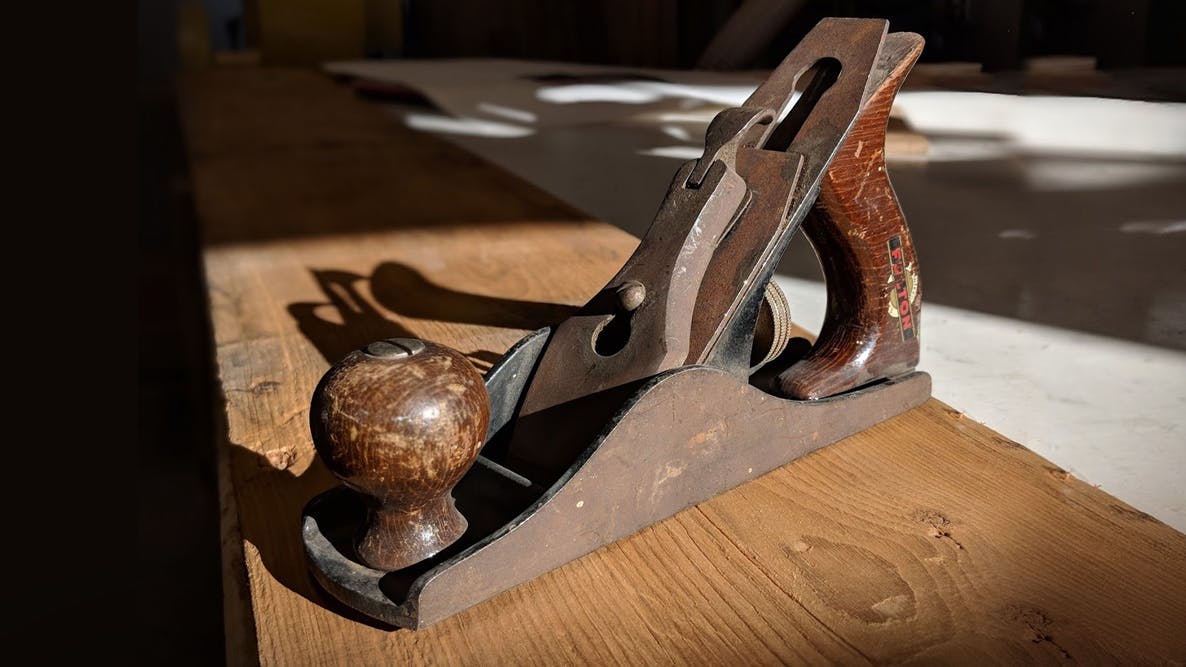Small solutions but bigger problems
Nowadays, you can see new products and ideas and rate them instantly. Is it preventing us from tackling the big problems?
Small solutions but bigger problems
Let's build something together.
The expanding definition of design
There’s a growing sense of urgency and renewed purpose in the design community.
Read more
CES 2021: Home is where everything is
If your home is your castle, during the pandemic it’s also your office, classroom, coffee shop/restaurant/bar, gym, entertainment venue, spa, and, yeah, that place where you sleep.
Read more
CES 2021: Digital health explodes
Here’s a mind-blowing set of statistics for you: prior to 2020, only 24 percent of healthcare systems offered any form of virtual care.
Read more
CES 2021: Healthcare, technology & COVID-19
In early 2020, Abbott Laboratories recognized the need for COVID-19 testing and used their massive resources to ramp up production quickly.
Read more
Building an MVP app in just eight weeks
In the spring of 2020, as the COVID-19 pandemic forced us to work apart, Delve’s leadership launched an internal pitch competition.
Read more
Inspiration Index 11-17-20
Since Covid, "water cooler" chats at Delve's three offices are now largely happening on Microsoft Teams, where we're sharing what we're reading and listening to with each other. We're compiling some of the best nuggets into what we're calling an "Inspiration Index," that we'll share on a regular basis. We hope you discover something that will inspire - or at least intrigue - you.
Read more
